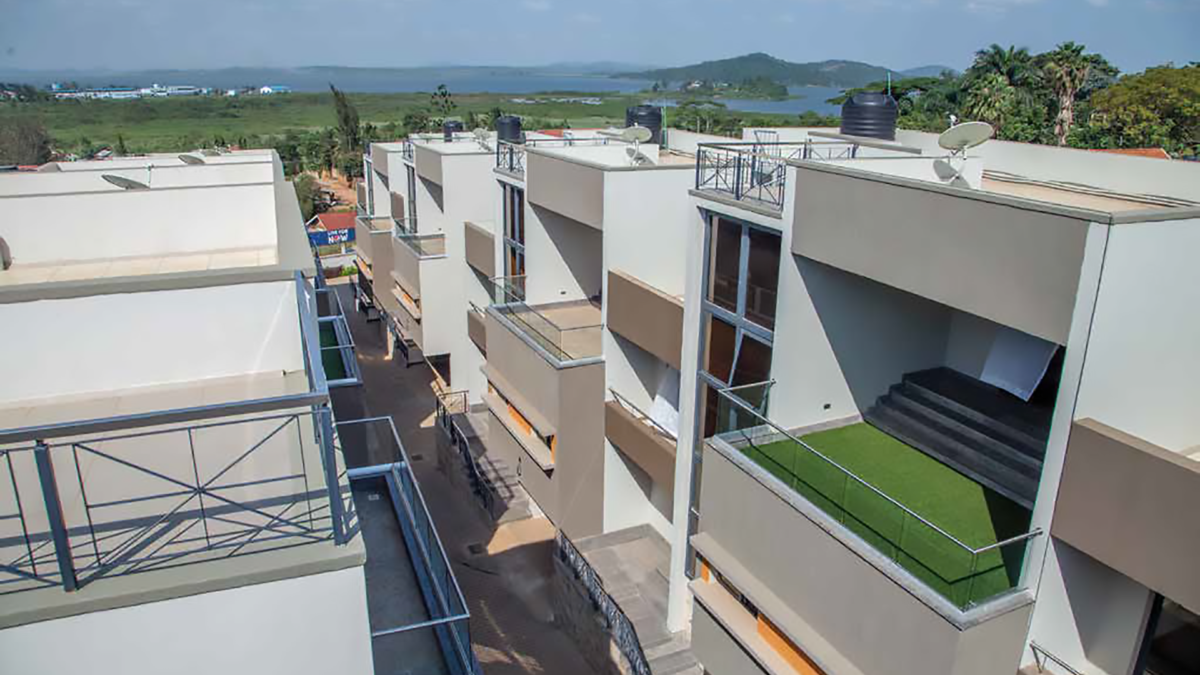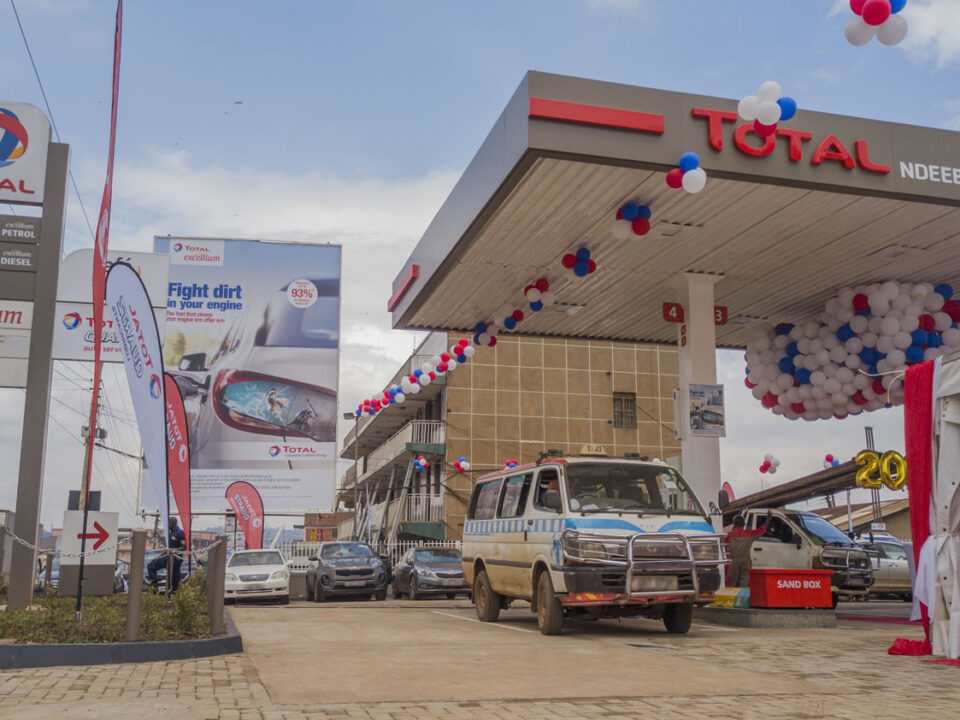The Most Important Factors to Consider before Venturing into Kampala Residential Real Estate

Safety Considerations to make when Building a Fuel Station in Urban Centers
May 18, 2023Investing in residential real estate in Kampala, Uganda’s capital city, can be a lucrative venture. However, it requires careful consideration of various factors to ensure a successful investment. This blog post highlights the most important factors to consider before investing in Kampala residential real estate, enabling potential investors to make informed decisions and maximize their returns.
- Location and Accessibility :
The location of a residential property is a critical factor in its value and rental potential. Consider properties situated in desirable neighborhoods that offer convenient access to amenities such as schools, hospitals, shopping centers, and transportation hubs. Proximity to major roads and highways, as well as public transportation options, is also essential for ease of commuting. Additionally, the security and safety of the neighborhood should be evaluated, as residents prefer areas with a low crime rate and reliable security infrastructure.
- Market Demand and Rental Potential :
Assessing the market demand and rental potential is crucial before investing in Kampala residential real estate. Analyze the current supply and demand dynamics in the area, as well as rental rates and vacancy rates. Areas experiencing population growth, economic development, and urbanization tend to have higher rental demand. Furthermore, consider the target demographic, such as young professionals, families, or expatriates, and invest in properties that cater to their specific needs. Conducting thorough market research and consulting with real estate professionals can provide valuable insights into the rental market and help determine the property’s potential for long-term profitability.
- Infrastructure and Development (100 words): Kampala’s infrastructure and ongoing development projects significantly impact property values and investment potential. Look for areas with well-developed infrastructure, including reliable water and electricity supply, good road networks, and access to essential services. Additionally, keep an eye on upcoming infrastructure projects, such as new roads, public transportation expansions, or commercial developments, as they can positively impact property values. Investing in areas with planned government investments or major private developments can offer substantial growth opportunities in the future.
- Legal and Regulatory Considerations :
Understanding the legal and regulatory framework governing real estate investments in Kampala is crucial. Ensure the property has a valid land title and all necessary documentation is in order. Familiarize yourself with property ownership rights, taxes, and any zoning regulations that may affect the property’s use and potential for expansion or development. Seek legal advice to ensure compliance with local laws and regulations. Engaging the services of reputable real estate professionals and agents can also help navigate legal complexities and provide guidance throughout the investment process.

Conclusion:
Investing in residential real estate in Kampala requires careful consideration of several factors. Evaluating the property’s location, market demand, rental potential, infrastructure, and legal considerations can significantly impact the success of the investment. By conducting thorough research, seeking professional guidance, and making informed decisions, investors can position themselves for long-term profitability and success in Kampala’s real estate market.



